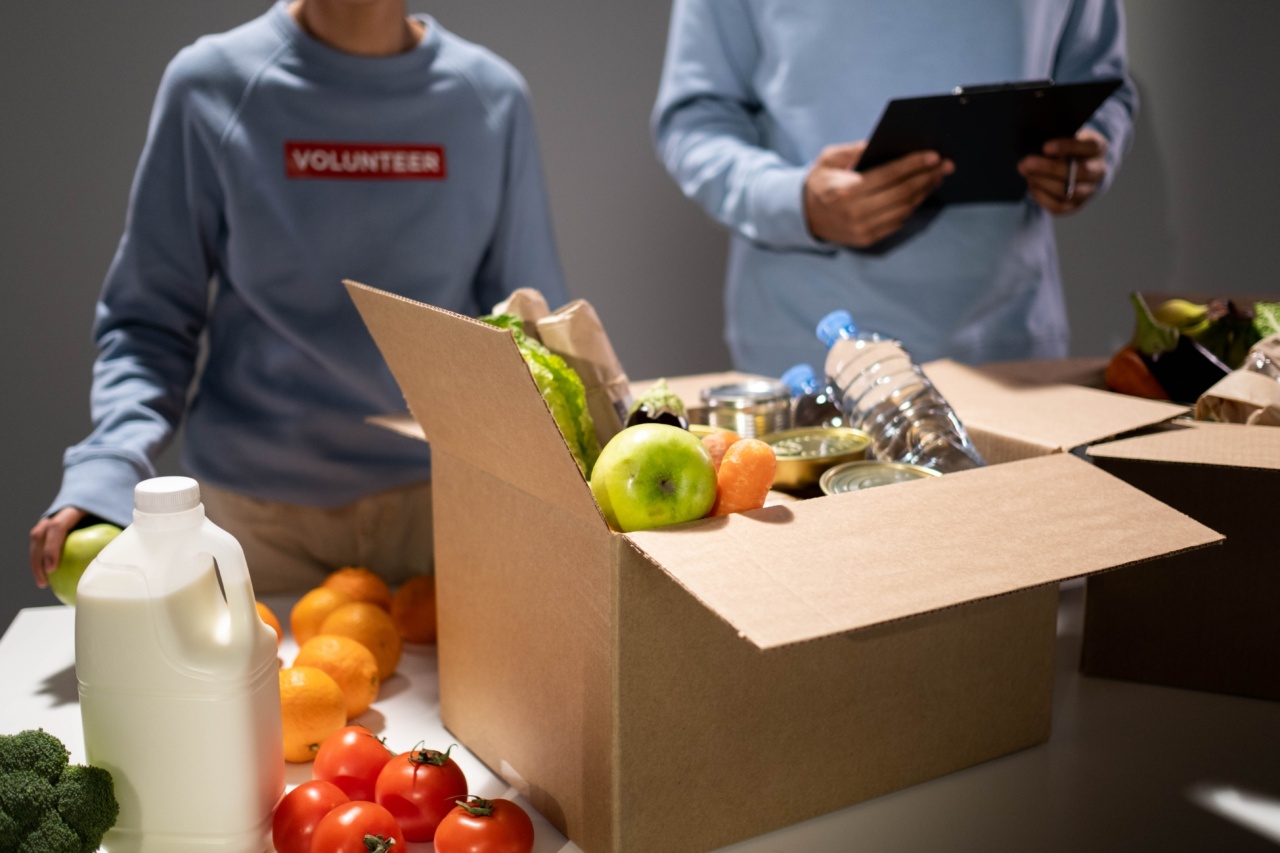Canned food is a convenient and affordable way to enjoy your favorite fruits and vegetables all year round. But have you ever stopped to wonder what, exactly, is in that can?.
While canned food is generally considered safe and nutritious, it’s important to understand how it’s made and what potential risks it could pose to your health.
The Canning Process
The canning process involves preserving food in an airtight container to prevent spoilage and maintain freshness.
Here’s how it works:.
Step 1: Food Preparation
Before the food is canned, it must be cleaned, trimmed, peeled, and sliced (if necessary). The goal is to remove any dirt, skin, seeds, or other unwanted parts that could affect the taste or safety of the product.
Step 2: Cooking
Next, the food is cooked in boiling water or steam until it’s partially or fully cooked. This step helps to kill any bacteria, enzymes, or other microorganisms that could spoil the food.
Step 3: Packing
Once the food is cooked, it’s packed into a can or jar along with any liquid or seasoning that’s needed. The can is sealed using a machine that creates an airtight seal to prevent any bacteria or oxygen from getting inside.
Step 4: Sterilizing
The final step is to sterilize the can or jar to kill any remaining bacteria or microorganisms. This is usually done by exposing the can to high heat and pressure for a set period of time.
What’s in Your Canned Food?
Most canned food is made from fruits and vegetables, but there are also canned meats, fish, soups, and other products available.
Some popular ingredients in canned food include:.
- Corn
- Green beans
- Peas
- Carrots
- Tomatoes
- Tuna
- Chicken
- Beef
- Soup broth
- Beans
While these ingredients may seem innocent enough, there are some concerns about the safety and quality of canned food that consumers should be aware of.
Concerns About Canned Food
One of the biggest concerns about canned food is the presence of bisphenol A (BPA), a chemical used in the lining of many food and beverage cans.
According to the National Toxicology Program (NTP), BPA is “an industrial chemical used primarily in the production of polycarbonate plastics and epoxy resins.
BPA is found in many consumer products, including reusable water bottles, food-storage containers, drinking glasses, some dental sealants and composites, and the lining of most food cans.”.
Exposure to high levels of BPA has been linked to a variety of health problems, including:.
- Hormone disruption
- Cancer
- Diabetes
- Obesity
- Reproductive problems
While the US Food and Drug Administration (FDA) has deemed current levels of BPA in canned food to be safe, many experts believe that more research is needed to fully understand the potential risks.
Another concern about canned food is the presence of sodium.
Many canned products, especially soups and vegetable-based meals, can be high in salt. This can be a problem for people who are trying to limit their sodium intake due to high blood pressure or other health issues.
Additionally, some canned products may contain added sugar, preservatives, or artificial flavors to enhance the taste or extend shelf life.
These ingredients may not be harmful in small amounts, but they can contribute to an overall unhealthy diet if consumed regularly.
Choosing Safe Canned Food
If you’re concerned about the safety and quality of canned food, there are some steps you can take to minimize any potential risks:.
- Look for cans that are labeled “BPA-free” or “no BPA.”
- Choose low-sodium or no-salt-added versions of canned food whenever possible.
- Read the ingredient and nutrition labels carefully to avoid products that contain added sugars, preservatives, or artificial flavors.
- Avoid dented or damaged cans, as they could be harboring bacteria or other contaminants.
- Consider buying fresh or frozen fruits and vegetables instead of canned.
The Bottom Line
Canned food can be a nutritious and affordable way to enjoy your favorite fruits and vegetables all year round.
However, it’s important to be aware of the potential risks associated with canned food, including the presence of BPA and high levels of sodium.
By choosing safe and healthy canned products and enjoying them in moderation as part of a balanced diet, you can continue to enjoy the convenience and benefits of canned food without compromising your health.





























